In recent years it has become ever more important to ‘translate’ research findings to people outside academia. While writing blog posts or giving interviews is fairly common, illustrating research is not so much. However, there have been some very interesting projects that trialled this artistic method, and their success led Dr Annamária Neag to contact a Hungarian illustrator, Kata Tóth, to try out this new way at looking at academic research. Their acquaintance is not new, as the artists helped Dr. Neag create a board game to use as a tool for interviewing unaccompanied refugee youth.
The collaboration lasted a couple of months and it involved a very engaged discussion about what and how to represent the two-year long “Media literacy for refugee youth” project. This discussion helped clarify the most important aspects of the research, but it was also relevant to see how someone not involved in academic research sees the relevance of the findings.

Illustration by Kata Tóth
With more than 60 research participants (unaccompanied youth and mentors/educators), it was not an easy task to select just one story to illustrate. That is why, after much thinking and debate, Kata Tóth and Dr Neag decided to work with the metaphor of the digital labyrinth. This metaphor best exemplifies the journey young refugees need to take upon arriving in Europe and starting a new life here. Although the graphic novel presents the story of a 17-year-old girl from Eritrea, Senait, she is a fictional character. Her difficulties in getting settled in a new country and a new digital world, as well as her skills and strengths are representations of those of the young people Dr Neag interviewed during the project.

Illustration by Kata Tóth
Although it is not always easy to ‘translate’ research into a whole different medium, graphically representing academic projects can be fulfilling both professionally and personally. This endeavor can help in distilling the most important findings of your research and it can be a starting point for discussions with young people, students or anyone interested in social science research.
Further information: Finding a Way through the Digital Labyrinth is available from: https://issuu.com/blueanna/docs/illustration_final1
Kata Tóth is a freelance illustrator living in Budapest, Hungary: https://www.behance.net/katatoth
toth.kata.toth@gmail.com
 The Research Excellence Framework (REF) is the system for assessing research in UK higher education institutions HEIs.
The Research Excellence Framework (REF) is the system for assessing research in UK higher education institutions HEIs.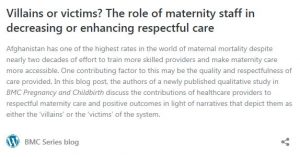
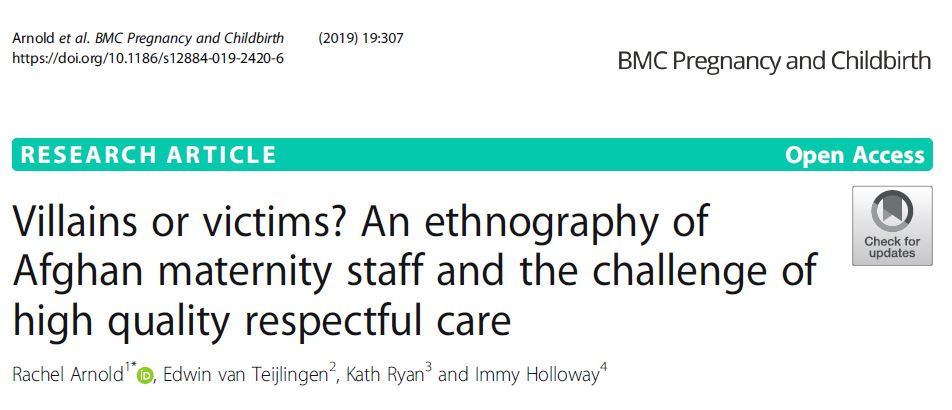
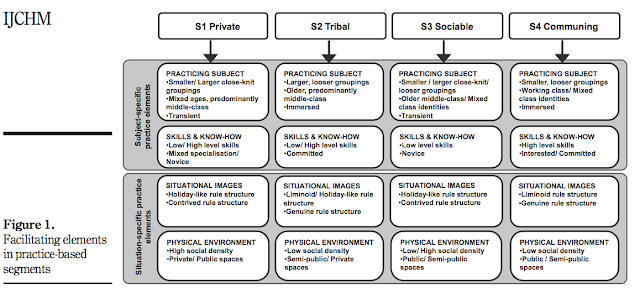

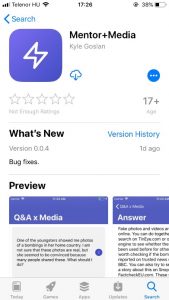








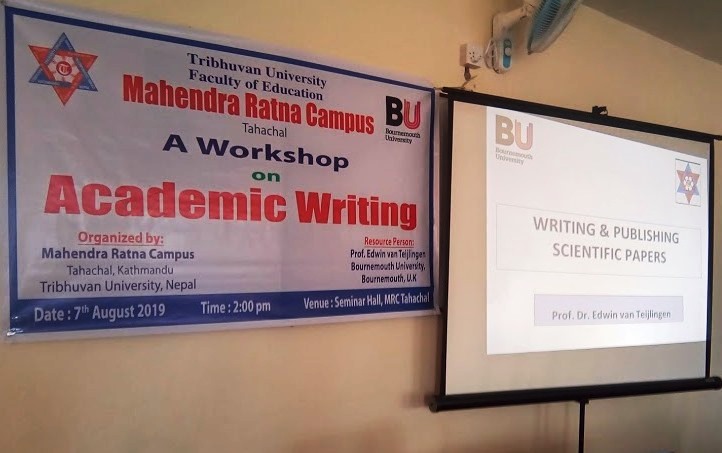





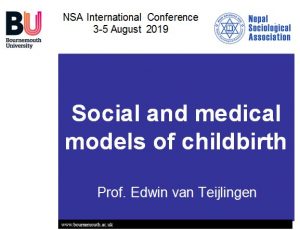
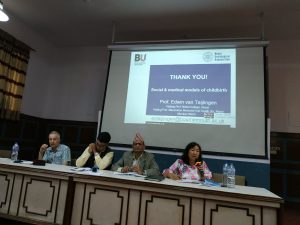
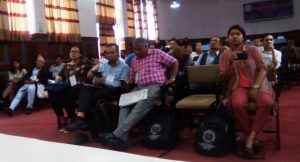
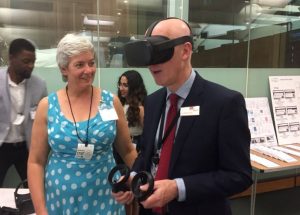

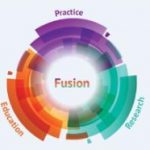
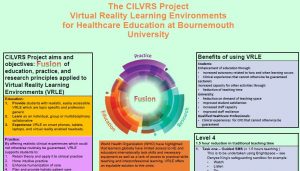
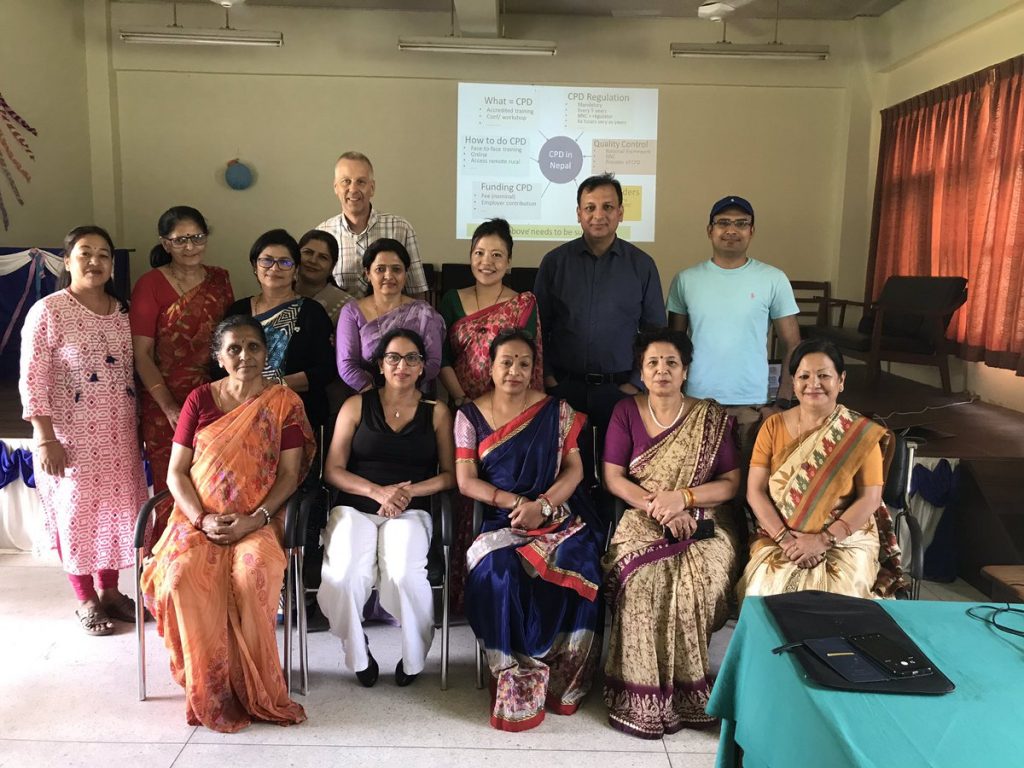
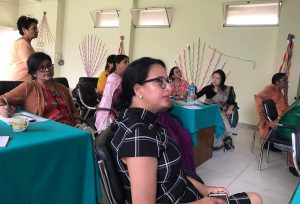




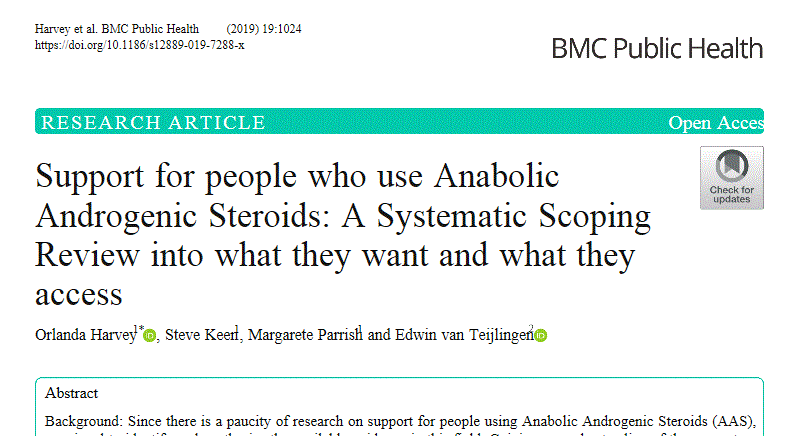
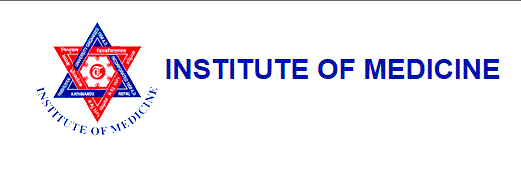
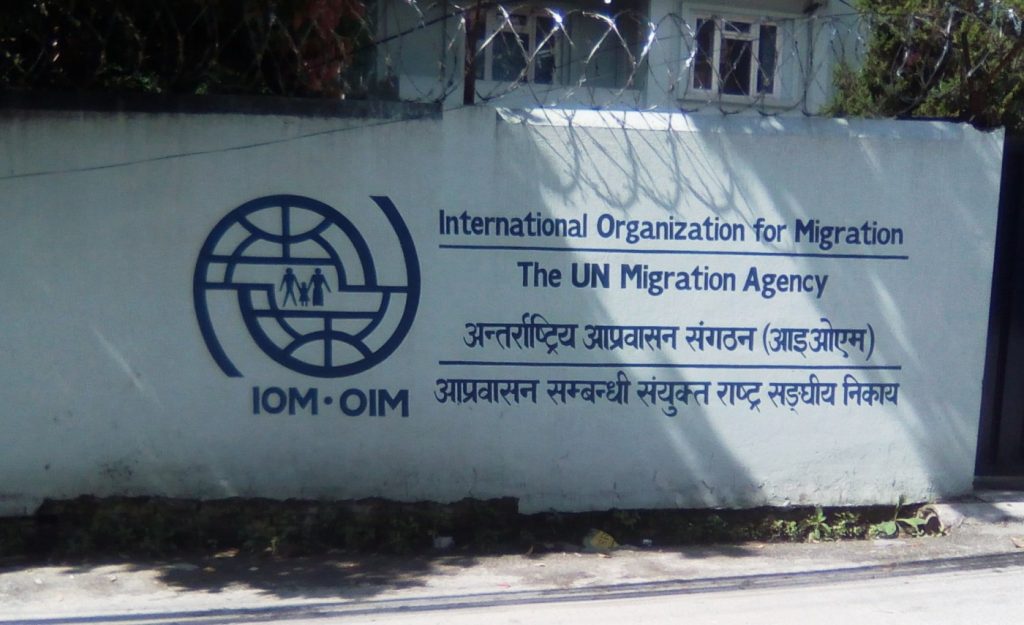











 Beyond Academia: Exploring Career Options for Early Career Researchers – Online Workshop
Beyond Academia: Exploring Career Options for Early Career Researchers – Online Workshop UKCGE Recognised Research Supervision Programme: Deadline Approaching
UKCGE Recognised Research Supervision Programme: Deadline Approaching SPROUT: From Sustainable Research to Sustainable Research Lives
SPROUT: From Sustainable Research to Sustainable Research Lives BRIAN upgrade and new look
BRIAN upgrade and new look Seeing the fruits of your labour in Bangladesh
Seeing the fruits of your labour in Bangladesh ECR Funding Open Call: Research Culture & Community Grant – Apply now
ECR Funding Open Call: Research Culture & Community Grant – Apply now ECR Funding Open Call: Research Culture & Community Grant – Application Deadline Friday 12 December
ECR Funding Open Call: Research Culture & Community Grant – Application Deadline Friday 12 December MSCA Postdoctoral Fellowships 2025 Call
MSCA Postdoctoral Fellowships 2025 Call ERC Advanced Grant 2025 Webinar
ERC Advanced Grant 2025 Webinar Update on UKRO services
Update on UKRO services European research project exploring use of ‘virtual twins’ to better manage metabolic associated fatty liver disease
European research project exploring use of ‘virtual twins’ to better manage metabolic associated fatty liver disease